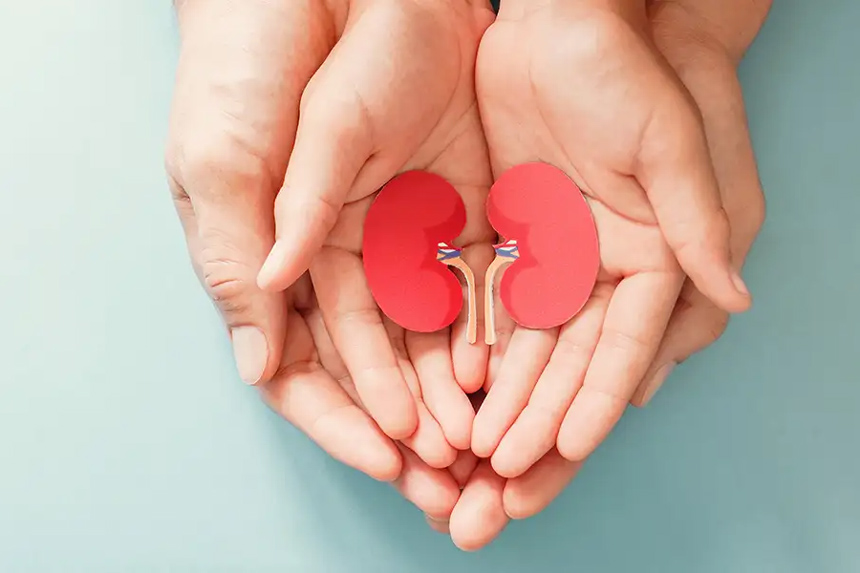Polydipsia and Polyuria

Increased thirst (polydipsia) and frequent urination (polyuria) are notable symptoms of hypokalemia. These conditions stem from an increased intake of fluids and a diminished capacity of the kidneys to concentrate urine, underscoring the multifaceted impacts of potassium deficiency on the body.
Complications of Hypokalemia

Increased Ammonia Production and Kidney Function Impairment:
Hypokalemia can significantly impact kidney health, leading to an increase in ammonia production. This condition can exacerbate the body’s acid-base balance, causing further complications and stressing kidney function. Chronic potassium deficiency may even contribute to the development of cystic kidney disease, underscoring the importance of maintaining adequate potassium levels for kidney health.
Development of Cystic Kidney Disease

The relationship between prolonged hypokalemia and cystic kidney disease is noteworthy. Hypokalemia, especially when coupled with conditions like hyperaldosteronism, can lead to the formation of cysts within the kidneys, impairing their function over time. This condition highlights the broader systemic impact of potassium deficiency on organ health beyond immediate symptoms. [5]
Exacerbation of Hepatic Encephalopathy

For individuals suffering from liver conditions, hypokalemia can be particularly detrimental. It has the potential to worsen hepatic encephalopathy, a condition characterized by confusion, altered level of consciousness, and coma as a result of liver dysfunction. This complication illustrates the critical role of potassium in maintaining neurological function and liver health.





